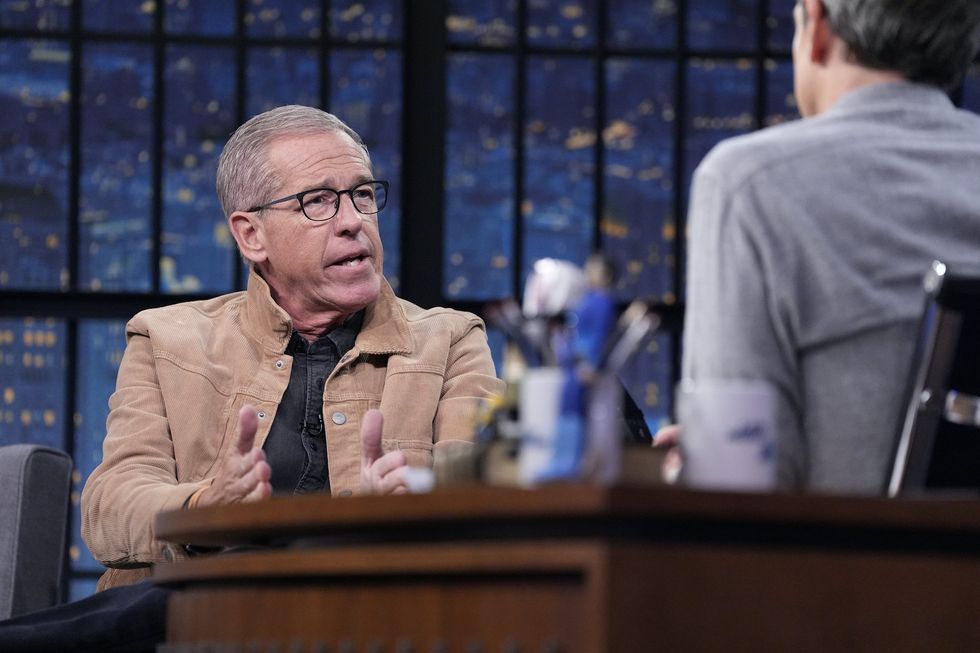‘Intolerable suffering’: Report confirms poor and vulnerable feeling coercion … to die!
'Real lives are at stake and the dangers of a slippery slope are very real'



The Ontario chief coroner released a three–part report regarding “Medical Assistance in Dying (MAiD)” in the province last week, after a committee of 16 experts identified people who may have been wrongfully killed by euthanasia via MAiD.
The report, which was released in conjunction with an Associated Press (AP) investigation, details startling findings that indicate that many deaths are driven not by illness or suffering, but by fear, homelessness, and isolation. Additional findings reveal that poor and vulnerable populations are facing coercion to choose euthanasia, and some medical practitioners are uncomfortable with participating in MAiD. Per the report, two percent of deaths in Ontario alone did not meet the criteria of the law, yet no doctors or nurses have been prosecuted for malpractice.
“With the legalisation of MAiD, real lives are at stake and the dangers of a slippery slope are very real,” Dr. Ramona Coelho, a family medicine practitioner who sat on the expert committee panel, told The Telegraph.
“When Canada legalised assisted suicide and euthanasia under MAiD in 2016, Canadians believed it was intended to be a rare, last-resort measure, reserved for consenting adults enduring intolerable suffering at the end of life. However, lobbying efforts have steadily pushed for broader access and eligibility.”
As the report shows, that broader access and eligibility has had a damaging impact.
Some deaths are driven by fear, homelessness, and isolation
Though the law in Canada requires a person to have a medical condition and “irremediable suffering” to qualify for MAiD, the report shows that many people are choosing assisted death due to “unmet social need,” and not because of any illness. One man referenced in the report sought MAiD “mostly because he is homeless, in debt and cannot tolerate the idea of (long-term care) of any kind,” while another man said it would be “intolerable” to spend the rest of his life in a nursing home. One woman with a history of mental illness was approved to die after she said she couldn’t get proper housing.
The poor are at greater risk of coercion
“This worrisome finding suggests that MAiD could be the option of least resistance and be used to end lives when social policies have failed them,” remarked one expert on the committee panel.
In one instance detailed in the report, a MAiD practitioner drove a 40-year-old addict to his death because his psychiatrist suggested it. The report stated this action “may have created pressure, and gave rise to a perception of hastening a person towards death.”
“To finally have a government report that recognizes these cases of concern is extremely important,” Coelho told the AP. “We’ve been gaslit for so many years when we raised fears about people getting MAiD because they were poor, disabled or socially isolated.”
Euthanasia doctors struggle with killing vulnerable patients
According to the AP, doctors in Canada established a forum to discuss MAiD after it was legalized in 2016. Since that time, messages given to the AP from the forum show euthanasia doctors expressing concern over the increasingly lax eligibility laws.
One doctor noted that his client technically qualified for MAiD because he had injuries and was receiving little government support. However, the doctor hesitated in carrying out the euthanasia, recognizing that it was the lack of government support and not the man’s injuries that was driving him to seek MAiD.
Doctors on these forums have also reportedly debated whether or not it is ethical to euthanize people for obesity, or those who are grieving the loss of a loved one.
“I have great discomfort with the idea of MAiD being driven by social circumstances,” one provider said, according to the AP. “I don’t have a good solution to social deprivation either, so I feel pretty useless when I receive requests like this.”
[Editor’s note: This story originally was published by Live Action News.]
SUPPORT TRUTHFUL JOURNALISM. MAKE A DONATION TO THE NONPROFIT WND NEWS CENTER. THANK YOU!
What's Your Reaction?

































































































